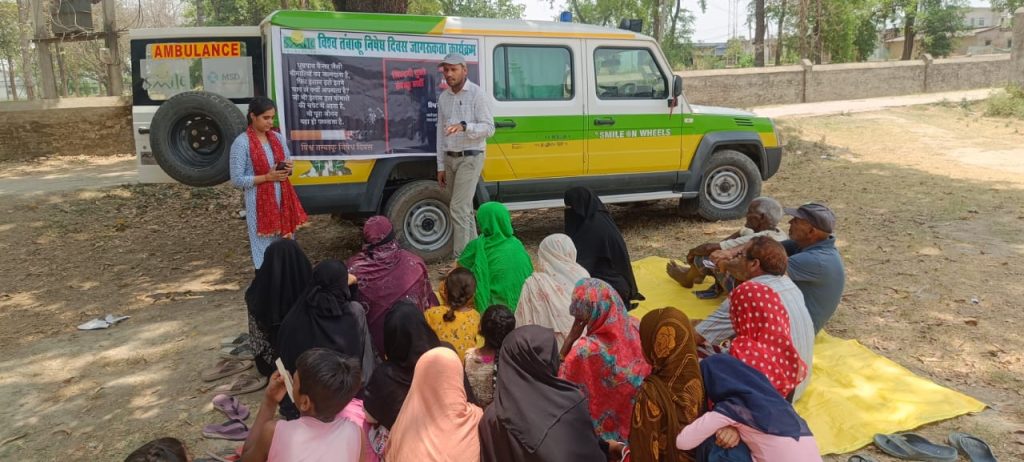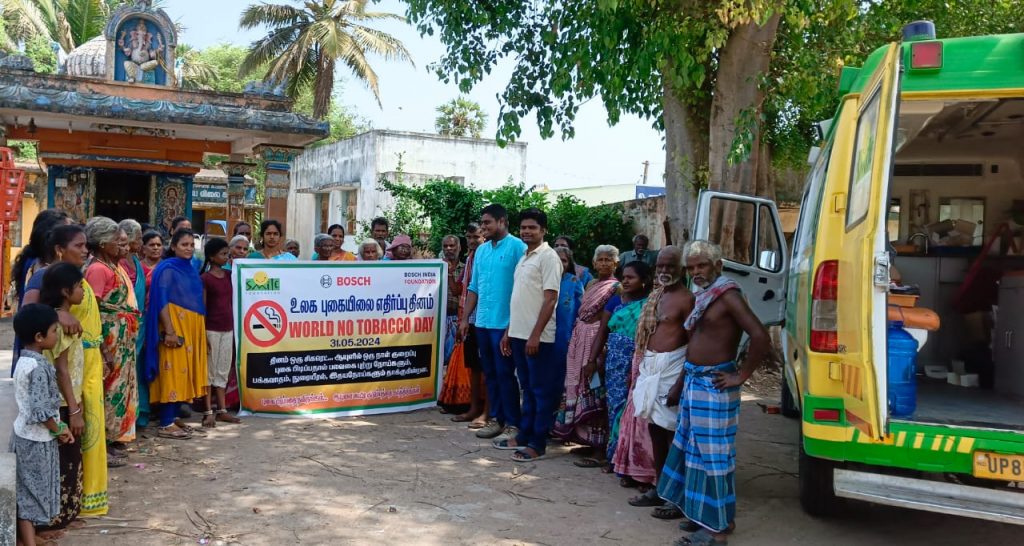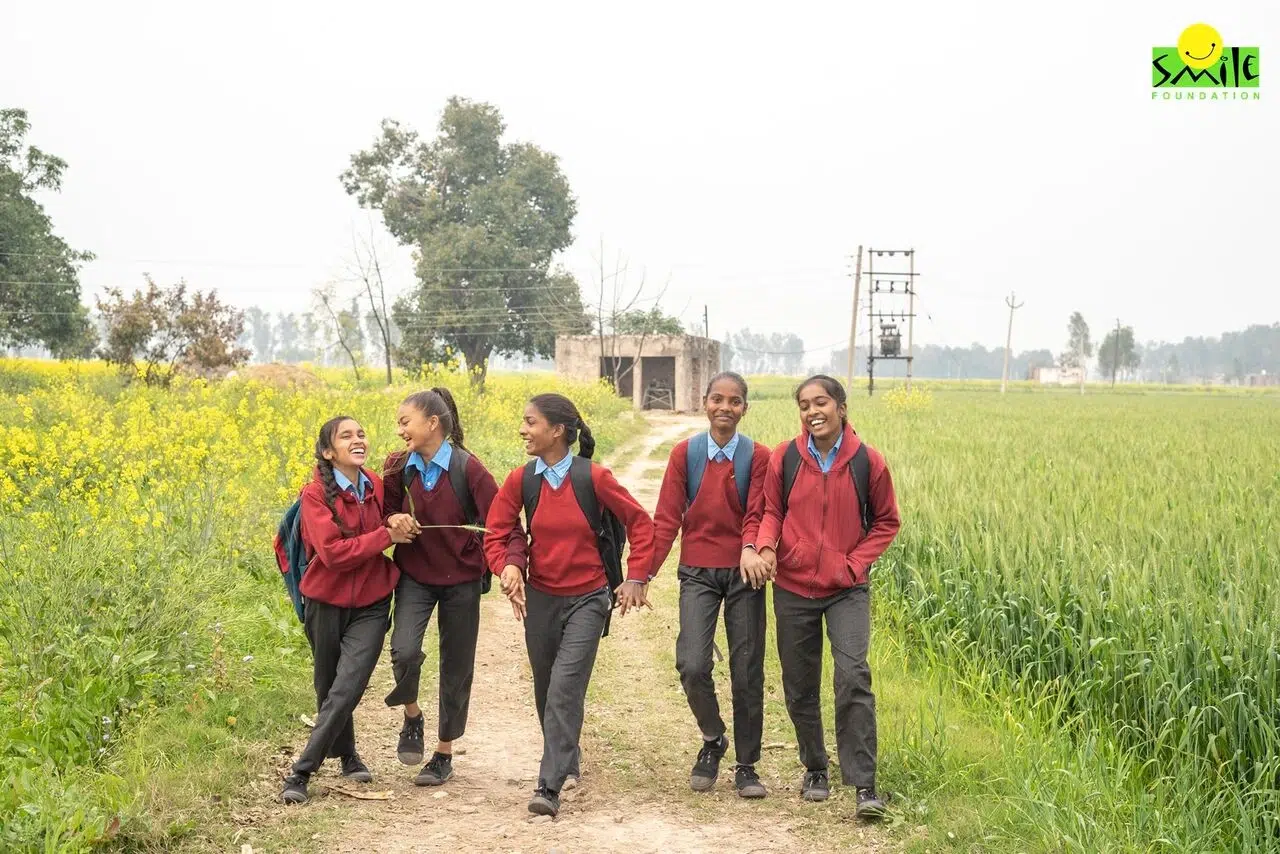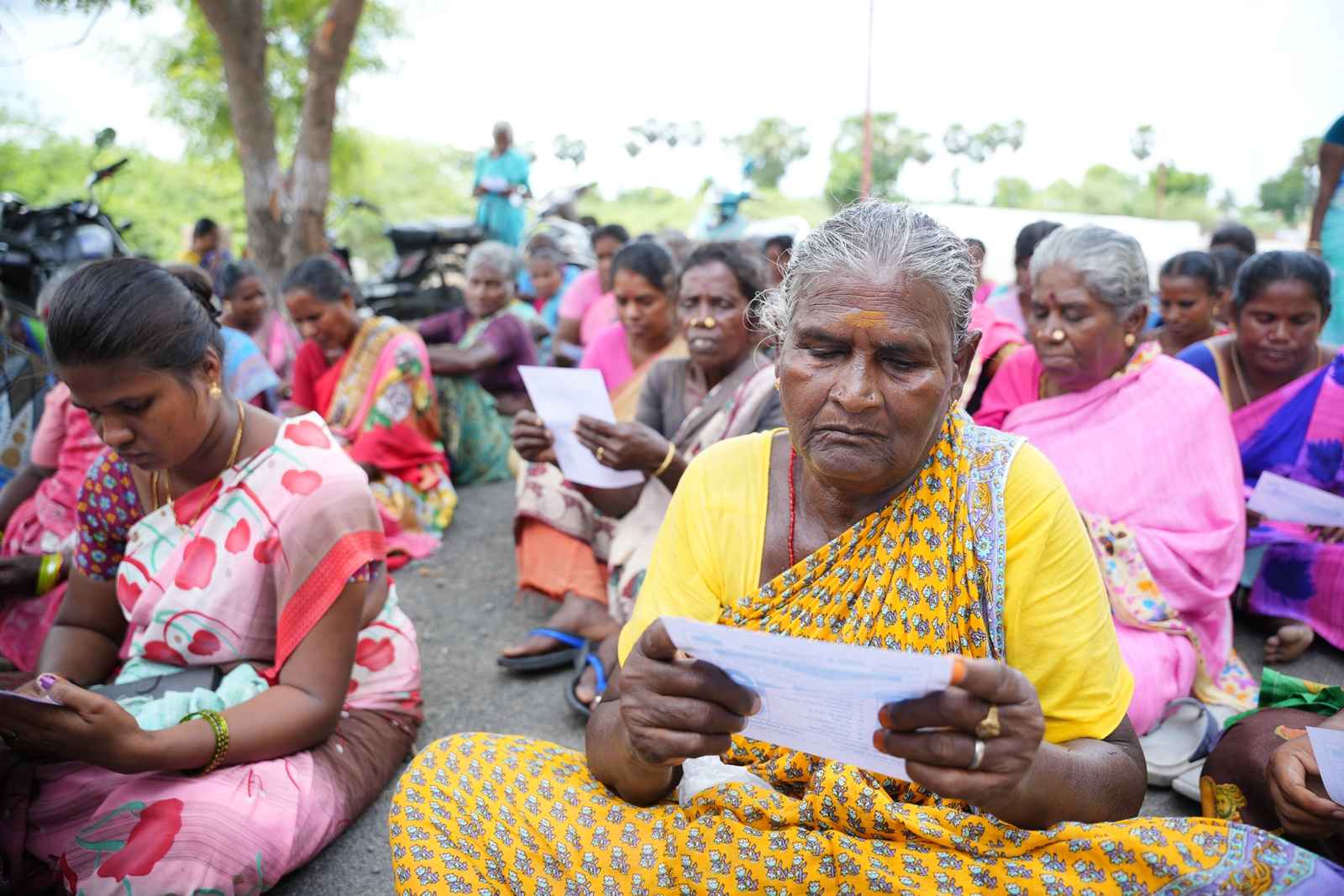Everyone knows that smoking is injurious to health. From constant throat infections to deadly cancer, smoking has never benefited anyone. But, despite knowing the dark reality of tobacco usage, each year more than 8 million people die because of tobacco, out of them 1.3 million are non-smokers.
Despite much awareness and constant initiatives by the government and other entities to curb the usage of tobacco, the unfortunate reality is that consumption of tobacco especially in the form of smoking cigarettes is considered to be a cool statement, especially, amongst young people.
Be it in Bollywood movies, OTT shows or music videos, smoking cigarettes is shown as a style statement that has influenced young minds negatively. Therefore, to change this perception, this year the World No-tobacco Day’s theme is to work together to protect children and youth from tobacco industry interference. The aim is to advocate policies and measures that prevent the tobacco industry from targeting young people for using harmful products.
Tobacco Epidemic- A challenge
When smokers are asked why they smoke despite knowing that it is injurious to their health, they often reply that smoking helps them to calm down during stressful moments or it is such a natural habit that they do not feel anything odd about it.
The side effects of consuming tobacco are not a hidden fact. According to studies, 90% of all lung cancer deaths in men and 80% in women are due to smoking. Furthermore, smoking has also been one of the main factors in the deaths of smokers between 30 to 69 years, especially in cases of tuberculosis and other respiratory or neoplastic diseases. Let’s not neglect the seriousness of this alarming situation as India has one of the highest rates of oral cancer amongst other nations.
Irreparable damages
As much as tobacco is harmful to one’s health, it is also a huge problem for those who aren’t smokers and the overall environment.
- Environmental degradation
Tobacco cultivation contributes to deforestation by clearing forests for farming, depleting fuel wood for curing and exploiting forest resources for packaging, resulting in environmental damage. Additionally, tobacco exhausts soil nutrients quickly, displaces native plants and animals and serves as a breeding ground for pests that can harm other crops.
- Passive smoking- Innocent lives in danger
Passive smokers come under the brutal wrath of smoking leading to over 600,000 deaths each year. Second-hand smoke is considered 3-4 more times toxic than first-hand smoke which can lead to the cause of several cardiovascular diseases, lung cancer, asthma as well as sudden infant death syndrome, thereby, making it even riskier for families of smokers who have to suffer the side effects of tobacco consumption without even using it.
Government’s actions against tobacco consumption
The National Tobacco Control Programme (NTCP) was initiated by the Government of India in 2007-08, as part of the 11th Five-Year Plan. Its objectives include raising awareness about tobacco’s harmful effects, reducing tobacco production and supply, enforcing the Cigarettes and Other Tobacco Products Act (COTPA) of 2003, aiding tobacco cessation, and aligning with WHO tobacco control strategies.
Implemented through a three-tier structure—National, State, and District Tobacco Control Cells—it also includes Tobacco Cessation Services at the district level. The focus is on training various stakeholders, conducting information campaigns, especially in schools, enforcing tobacco laws, collaborating with local bodies like Panchayati Raj Institutions, and enhancing cessation services, including pharmacological treatments, at district levels.
Presently, NTCP operates nationwide, covering all 36 States/Union Territories and approximately 612 districts.
But, even with such structured initiatives of the government against curbing the usage of tobacco, the increase in smoking especially amongst young girls is on the rise.
A study reveals that smoking among young teen girls has increased twofold. This becomes even more concerning because while on one hand, it was being observed that there was a decline of smoking by 2.2% amongst adults, unfortunately on the other hand, there has been an increase of smoking in girls by up to 6.2% showing that young women are at grave risk of developing long-lasting ill effects of smoking.
Experts believe that this sudden rise in smoking among teenage girls is because of emotional distress among young adults as well as peer pressure. Furthermore, the aggressive marketing by tobacco companies, to show the new cigarettes with filters and in the categories of being “light” or “mild” cigarettes has misled the youth by showcasing such new products as not very harmful.
How can we solve tobacco problems?
Consumption of tobacco products comes with an array of problems varying from health, personal, financial as well as social problems and considering the ever-changing fast paced society we live in today, having good health and environment is not just an option, but a necessity.
The need of the hour is to act together and aggressively against the usage of tobacco. As a close-knit community, it is imperative that we together take steps that help the government in implementing initiatives against tobacco pragmatically and effectively.
Regular Active Awareness
The power of open communication is unmatchable and especially, when it is about ills like tobacco, it becomes important to openly discuss it rather than hush away. Comprehensive and active awareness regarding the ill effects of tobacco consumption must be done openly and actively. Health promotion must include strategies and regular discourses on how badly tobacco can affect human life.
Enforcing the power of active awareness, Smile Foundation has been supporting the government’s initiative against tobacco by going to the nooks and corners of India through its mobile medical units- Smile on Wheels- a health intervention that is meticulously working with rural and semi-urban communities of India for the underserved.
As World No-Tobacco Day is celebrated on 31st May globally, we at Smile Foundation celebrated this occasion with zest and positivity to ensure that our communities are aware of making the right decision for themselves and their families, when it comes to the usage of tobacco products.

Our Smile on Wheels team with our well-trained paramedics and doctors went to several parts of the country such as districts in Jaipur, Chennai and Uttar Pradesh to spread a transparent and well-informed awareness session on the side effects of tobacco consumption.
The awareness campaign was attended by children, women and men of the communities where they shared their experiences and concerns regarding tobacco consumption, which was addressed by our medical team who explained and guided them about the ways to keep their distance from tobacco products while also, encouraged tobacco consumers to quit this harmful habit, if they wanted their families and communities to live a healthy and longer lives.
High Taxes on Cigarettes
It has been observed that raising taxes on tobacco products such as cigarettes has been very effective in reducing tobacco consumption. By adding more taxes on the sale of cigarettes, consumption significantly goes down especially amongst youth as for many of them, it becomes a challenge to afford it which invariably becomes a respite for the non-smokers who don’t have to suffer much because of excessive smoking around them.
Media Advocacy
Media is a strong source of information and influence and therefore, persistent media advocacy against tobacco through media should be done effectively. The attention should be shifted towards advocating against tobacco usage over social media extensively as young people actively use various social media platforms.
Moving towards a Healthier India
This World No-Tobacco Day, we encourage everyone to help each other to build themselves and their environment which encourages everyone to quit bad habits like tobacco usage.
Through our Smile on Wheels initiative, we are moving each day, a mile closer to building a nation that is wealthy with good health and a bright future.
As a social stakeholder, we are determined to make a healthy nation, but the real question is- Are you ready to become healthy? Do you want your family and communities to be healthy? If the answer to this is yes, then join us in steering India towards a safe ecosystem, where every life matters.









